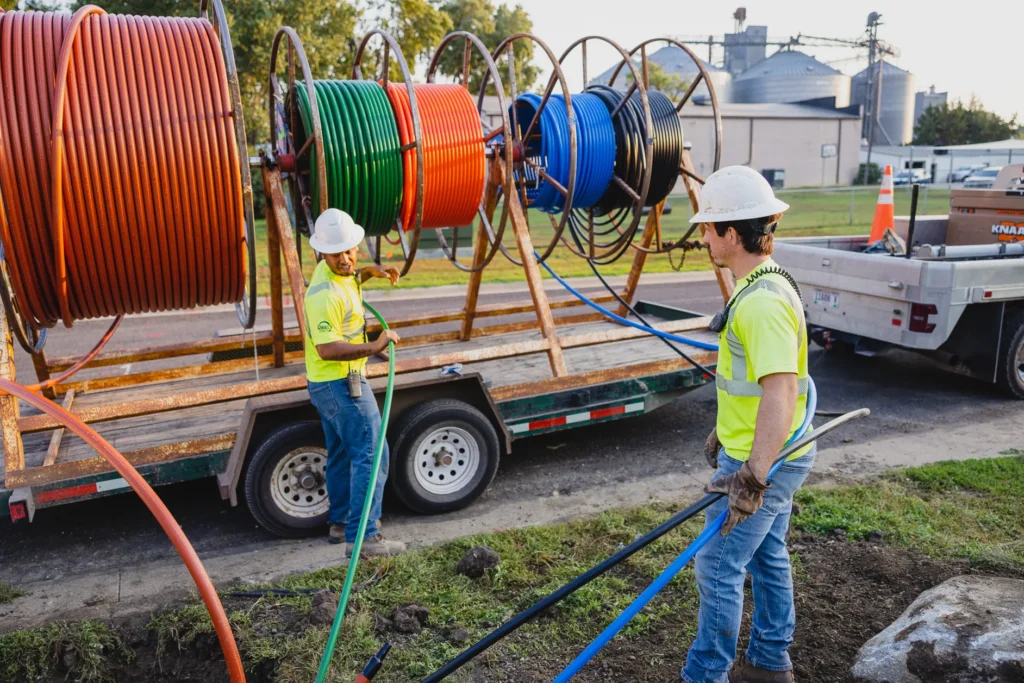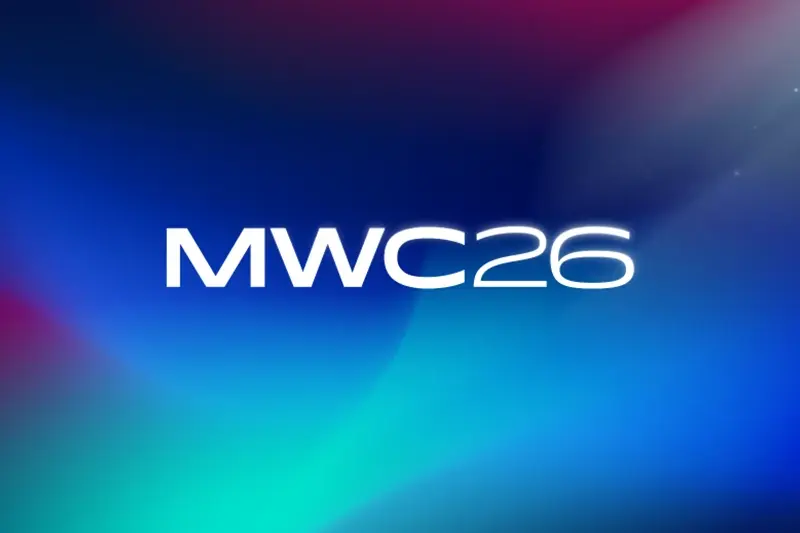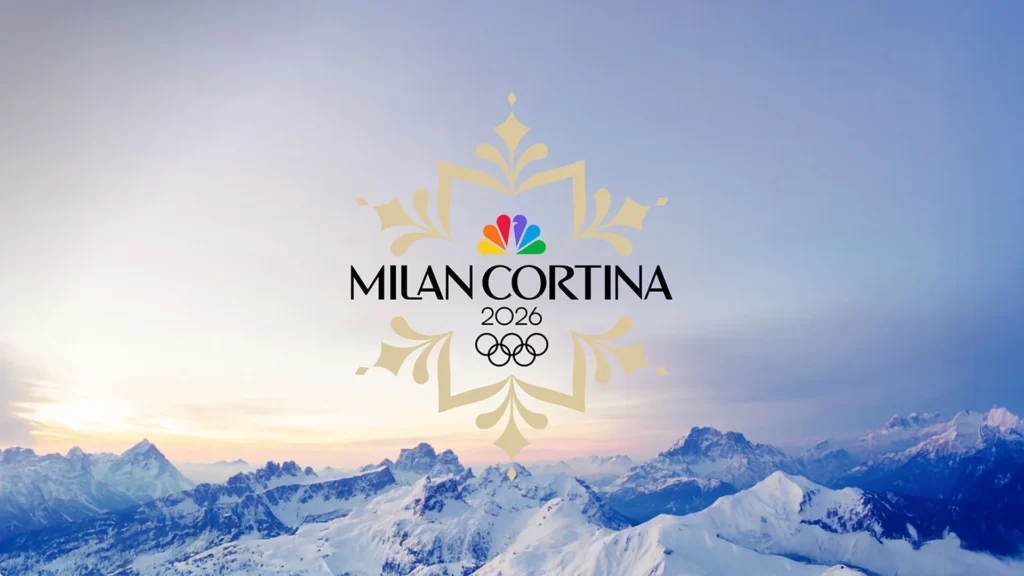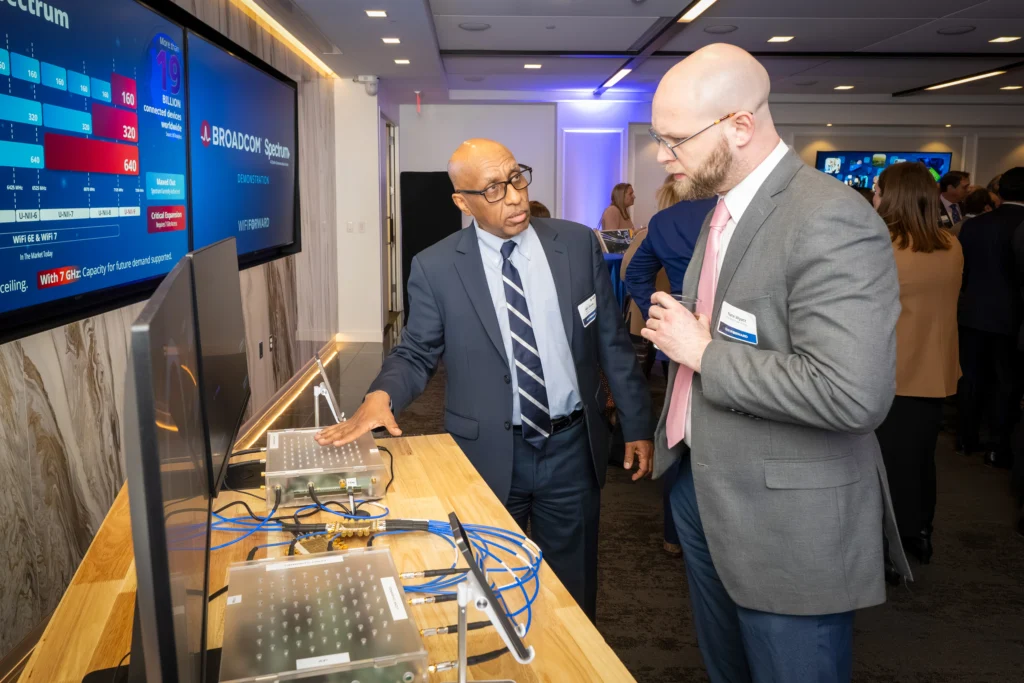Innovative voluntary energy efficiency programs for set-top boxes and home internet equipment continue to yield tremendous financial savings for consumers while significantly reducing energy consumption. Pay-TV providers and internet service providers and their manufacturing and retail partners are demonstrating their commitment to energy conservation by participating in the voluntary agreements, both of which are led by NCTA, Consumer Technology Association (CTA), and CableLabs. New independent audits released by D+R International revealed the latest findings highlighted below that demonstrate the continual success of the set-top box and small network equipment (SNE) agreements.
Set-Top Boxes
Consumers saved $2.2 billion in energy costs in 2020 as a result of the new, more rigorous efficiency levels of the Voluntary Agreement for Ongoing Improvements in the Energy Efficiency of Set-Top Boxes. The levels are an average of 20% more efficient than the agreement’s prior targets. In 2020, nearly 97% of all new set-top boxes purchased by the voluntary agreement participants met these new efficiency levels.
The findings also revealed that since the start of the set-top box agreement eight years ago, energy usage of set-top boxes has declined by more than half in the United States, saving consumers $9.3 billion and avoiding more than 50 million metric tons of CO2 emissions in total. These results were achieved even as the functionality and features of set-top boxes have become more advanced over this period.
“The success of this voluntary agreement during a period of rapid technological advancement and market change demonstrates the agility of a non-regulatory program in securing energy efficiencies without impairing innovation,” said Doug Johnson, vice president of emerging technology, CTA.
Moreover, the total energy used by set-top boxes is expected to decline even more by the end of 2025 thanks to the extension of the voluntary agreement term which will go into effect in 2023 with new energy efficiency goals.
Under the agreement, set-top boxes have become more energy efficient, but there are also fewer devices, particularly digital video recorders (DVRs) that use the most energy. Purchases of DVRs have plummeted from 12.7 million in 2014 to only 1.7 million in 2020 as service providers have shifted from deploying a DVR for each television, to whole-home DVR services that use one DVR per home or to cloud DVR services that do not use DVR set-top boxes at all. Set-top boxes have also been replaced through consumer use of service provider apps to watch programming on Smart TVs, tablets and other customer-owned devices. D+R reported that consumers used an estimated 56 million of these devices in 2020 to access the providers’ video services via apps.
“The group has achieved remarkable success both by driving down the energy used by set-top boxes and through innovations that have reduced the number of set-top boxes used by consumers,” said Neal Goldberg, NCTA General Counsel.
Participants in the set-top box agreement include major pay-TV providers serving the U.S. market (Altice, AT&T/DIRECTV, Charter, Comcast, Cox, DISH, Frontier, and Verizon), major manufacturers (CommScope and Technicolor), and energy-efficiency advocates (the Natural Resources Defense Council and the American Council for an Energy-Efficient Economy).
Small Network Equipment
In 2020, more than 99% of new modems, routers, and other internet equipment purchased and sold in the U.S. met the new energy efficiency goals of the Voluntary Agreement for Ongoing Improvement to the Energy Efficiency of Small Network Equipment, which was first established in 2015.
And since the start of the SNE agreement, the average idle-mode energy used in small network equipment relative to broadband download speed has declined by approximately 75%. These findings also demonstrate how home networking equipment has become more energy efficient despite increased demand.
SNE participants include major manufacturers of small network equipment (Actiontec, ASUS, CommScope, Linksys, Plume, Technicolor, and Ubee Interactive) and major U.S. broadband internet service providers (Altice, AT&T, CenturyLink, Charter, Comcast, Cox, Frontier, and Verizon). The participants are currently working to extend the agreement beyond its scheduled expiration at the end of this year.
* * *
Pay-TV providers and internet service providers and their manufacturing and retail partners continue to deliver high-quality and innovative services to millions of consumers across the country while simultaneously meeting and exceeding the energy efficiency goals in the voluntary agreements. But the best part of it all is that consumers and the environment are the real winners in the end.
To find more information from the reports and the industry’s voluntary agreements, visit www.energy-efficiency.us.









